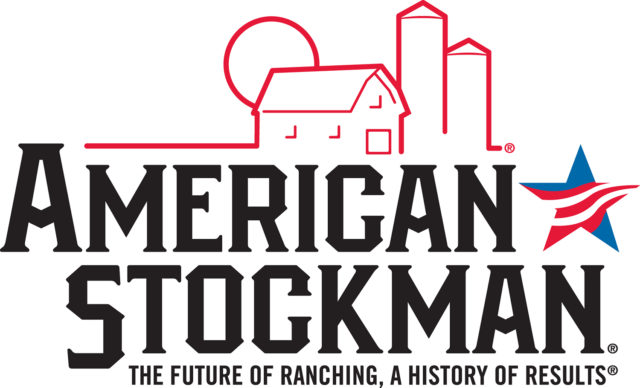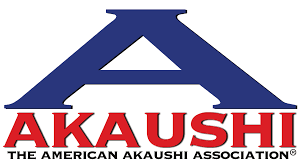Regardless of the cause, continuous diarrhea results in loss of electrolytes and water, leading to dehydration, electrolyte imbalance, metabolic acidosis and loss of energy. If left untreated, dehydration may lead to coma and death.
Why is it critical to monitor calves closely?
Calves can lose 5 to 10 percent of their body weight in water within one day of scouring. Fluid loss in excess of 8 percent requires IV treatment, and over 14 percent loss can be fatal. It is critical to monitor calves daily and treat them at the onset of diarrhea.
The extent of dehydration can be estimated using symptoms such as skin tenting, attitude and ability to stand or suckle. Based on the level of dehydration, producers can determine if the calf needs oral electrolytes or intravenous fluid therapy. Treating calves at the onset of scouring will prevent dehydration and death loss.
Oral electrolyte solutions are a convenient way to help restore fluids and electrolyte balance in calves. When given as directed, these supplements should provide fluid and electrolytes, correct acidosis and replenish energy.
What to look for in an oral electrolyte
There are a number of electrolytes available in the market with varying range of ingredients. Producers have to carefully choose the product by reading the label and be sure to follow the manufacturer’s feeding directions.
Before choosing a product, assess if the calf is strong enough to take oral electrolytes or if the calf needs intravenous fluid therapy to survive. If the calf is able to drink and has a good swallowing reflex, oral electrolytes are ideal to prevent dehydration.
A basic oral electrolyte should have the following:
- A readily available source of energy like glucose or dextrose
- Electrolytes like sodium, potassium and chloride to replace lost electrolytes
- Alkalizing agents like acetates and bicarbonate to correct the acidosis
- Amino acids like glutamine and glycine to improve uptake of fluids and electrolytes
Some electrolyte products may provide added benefits such as:
- Vitamins and minerals to correct any deficiency
- Prebiotics and probiotics to help replenish beneficial bacteria in the gut
- Gelling agents such as guar gum to help delay the passage of fluid in the gut, thereby giving the calf a better chance to absorb nutrients
These agents will help the calf recover faster and also maintain growth during periods of stress.
Should calves be allowed to nurse?
Milk intake is critical to maintain growth and normal energy levels in calves. Make sure calves continue to nurse. Many oral electrolytes are intended to be mixed with water; never mix these with milk or milk replacer.
Before giving oral treatment, confirm that the calf is able to stand up and drink the electrolytes. Do not feed oral electrolytes to calves without a swallowing reflex. These calves need intravenous fluid therapy. Before feeding an oral electrolyte product, read the label and follow the manufacturer’s instructions. Establish a standard operating procedure for treatment of scouring calves to reduce dehydration and death loss. The protocol should include when to use oral rehydration solutions, how much to give and other care details. When in doubt, do not hesitate to consult with your veterinarian. ![]()

Vijay Sasi
Vice President of Technical Services and Export Business
Vets Plus Inc.
PHOTO
Photo by Paul Marchant.







